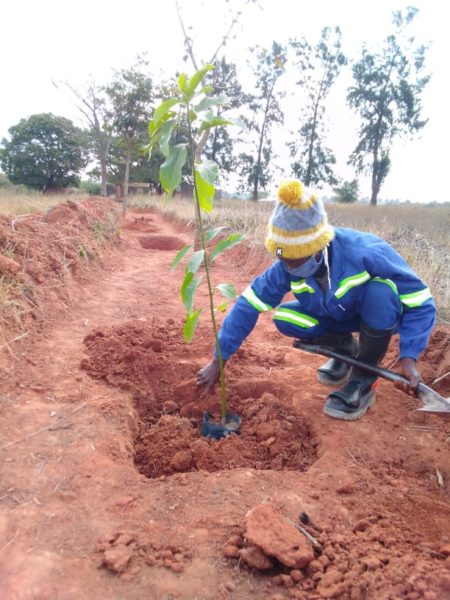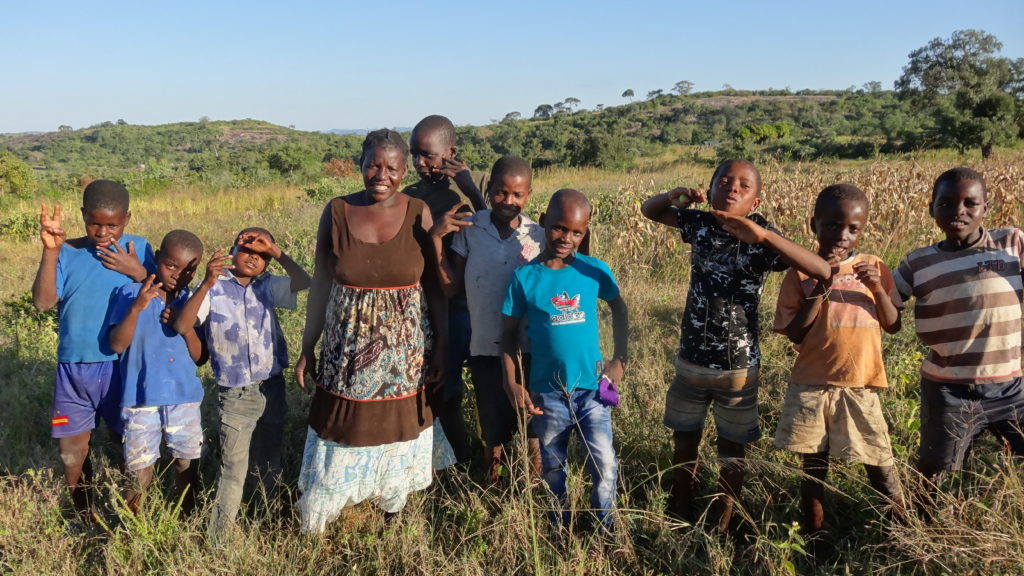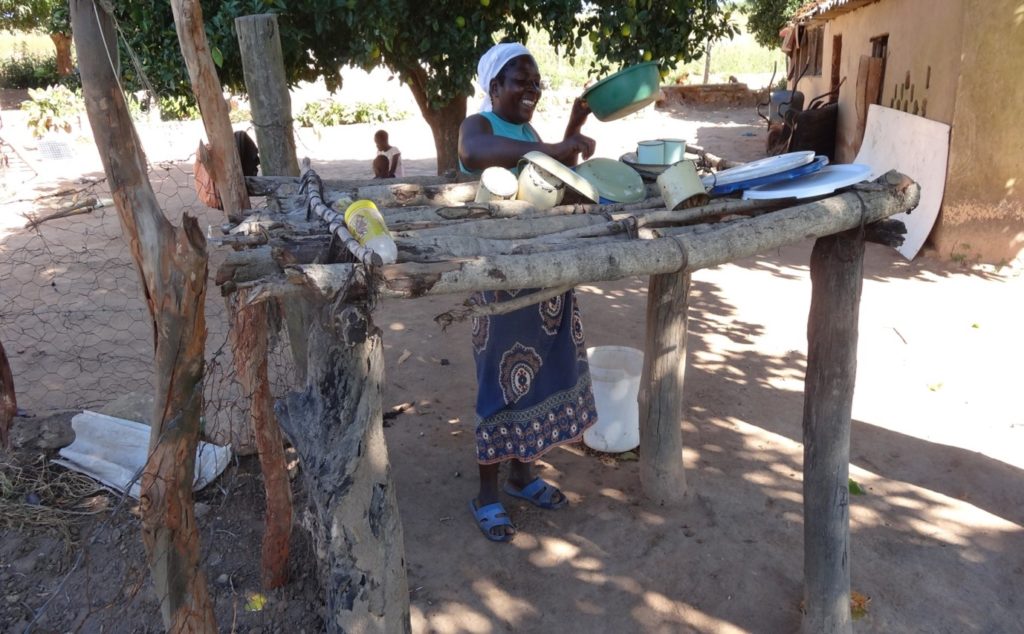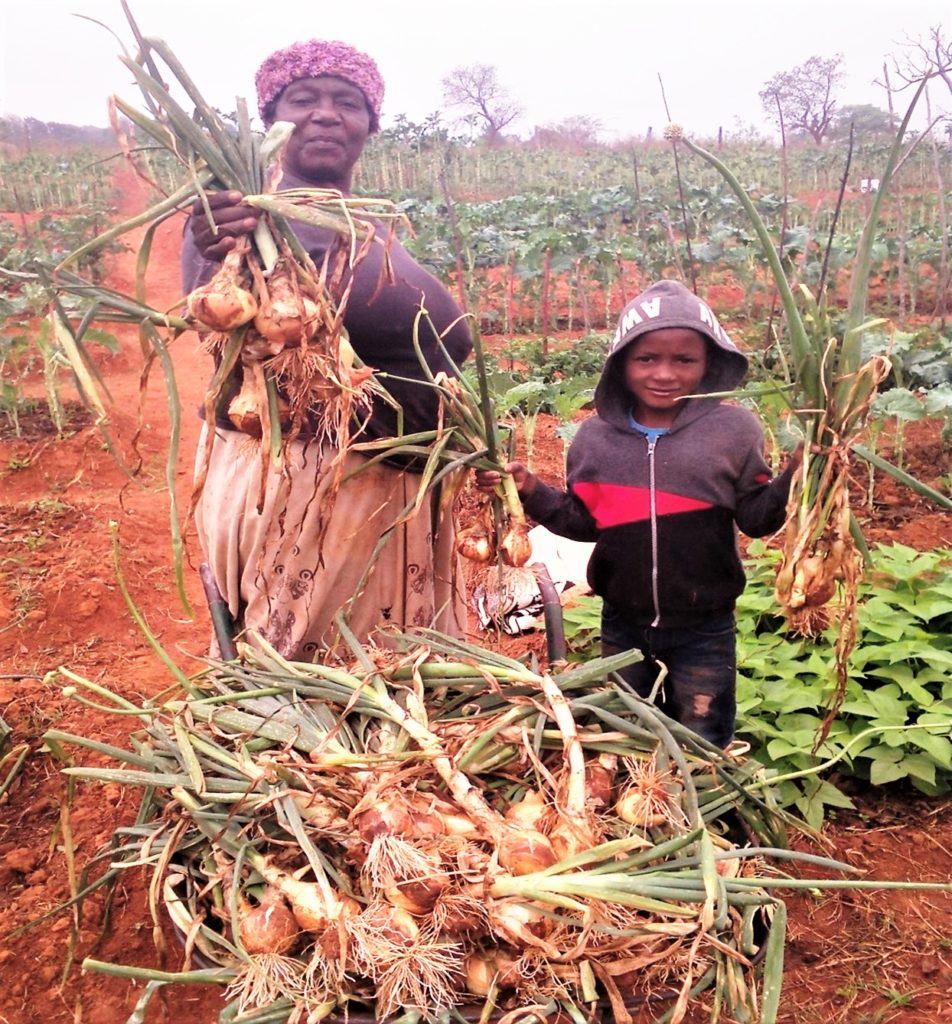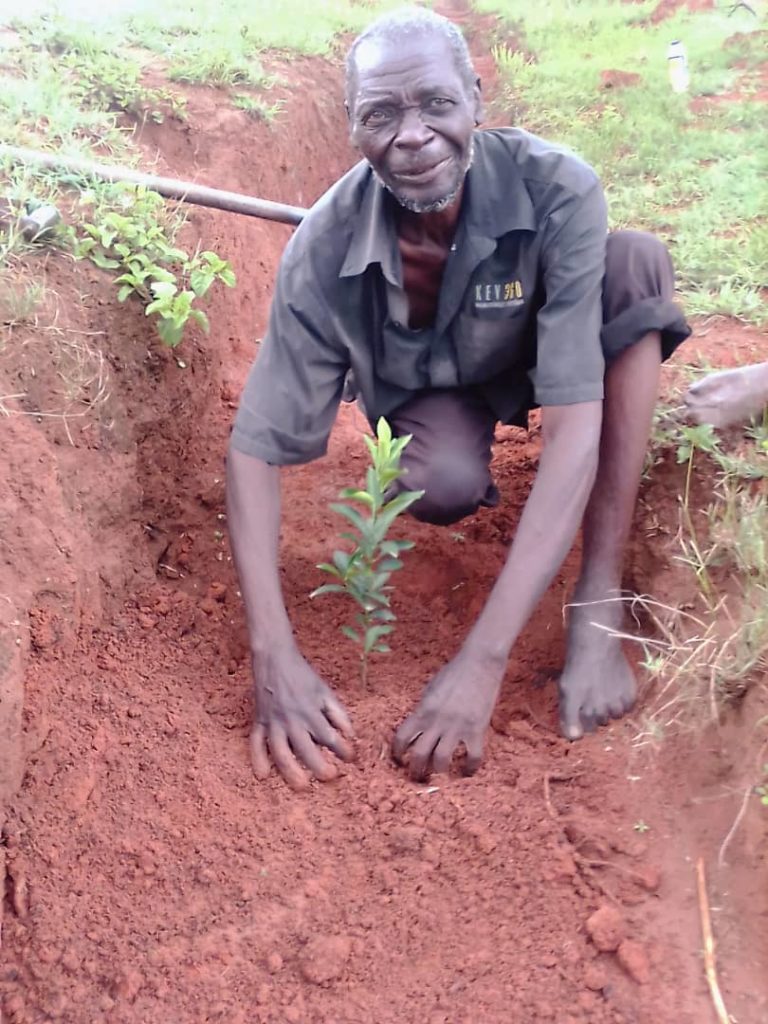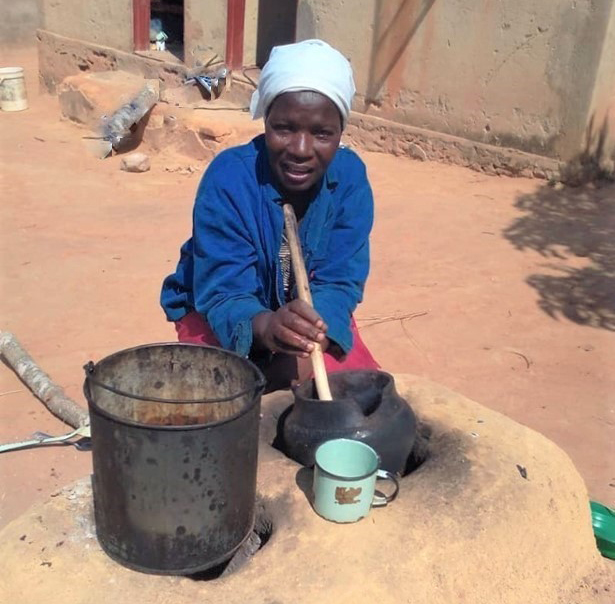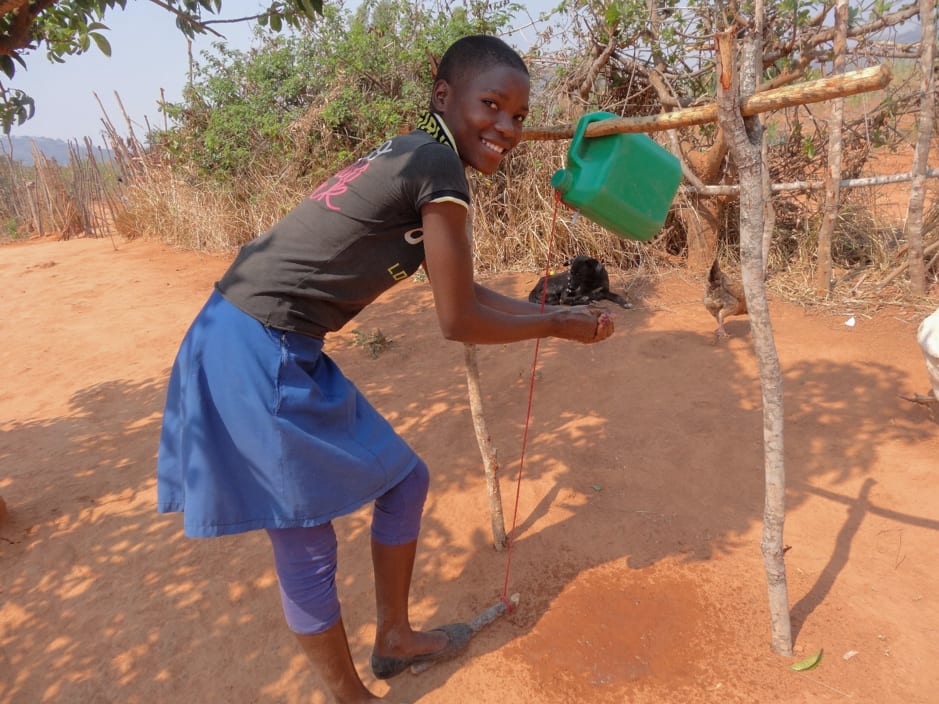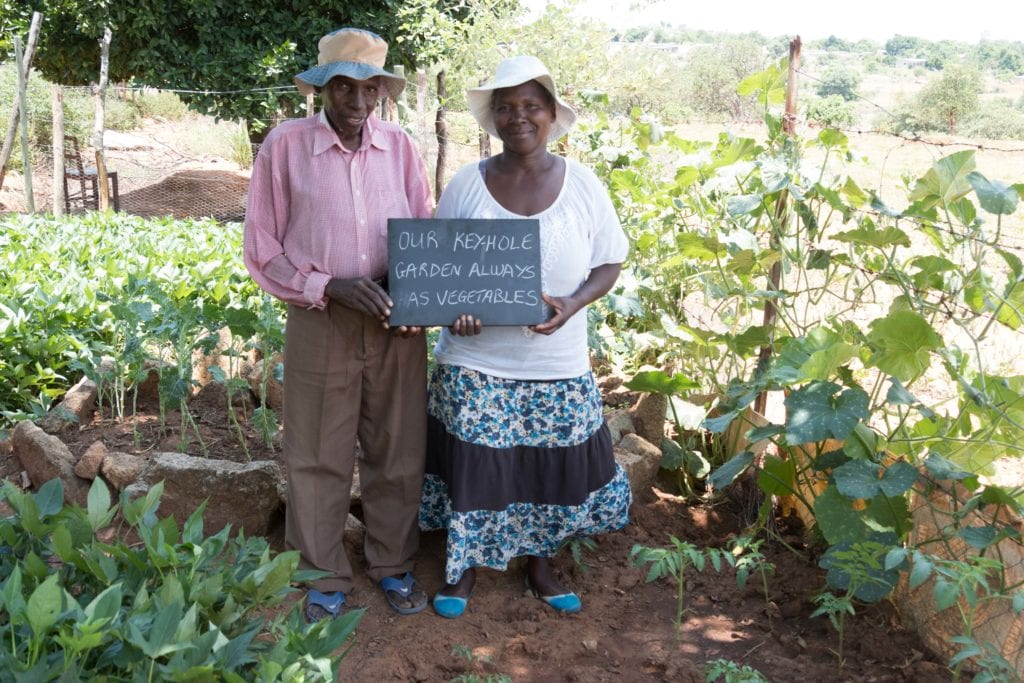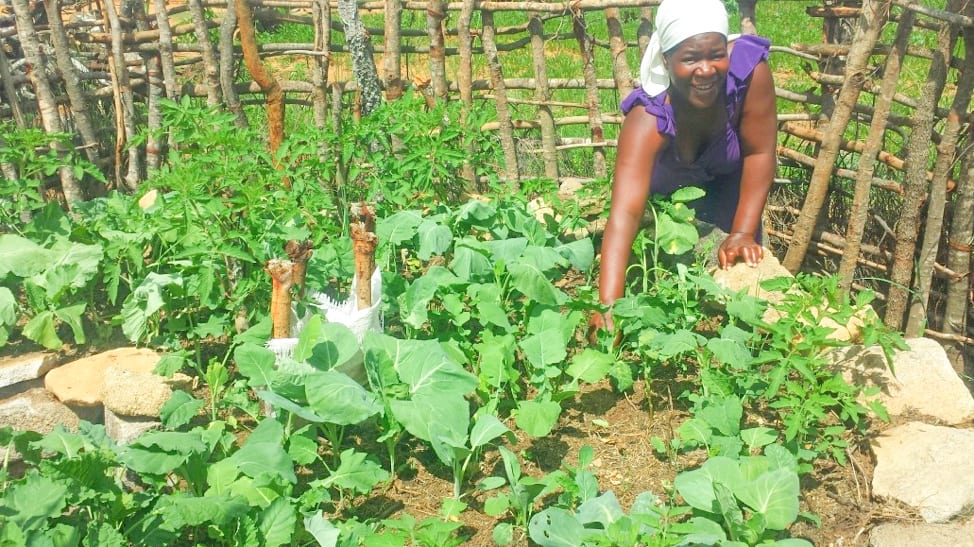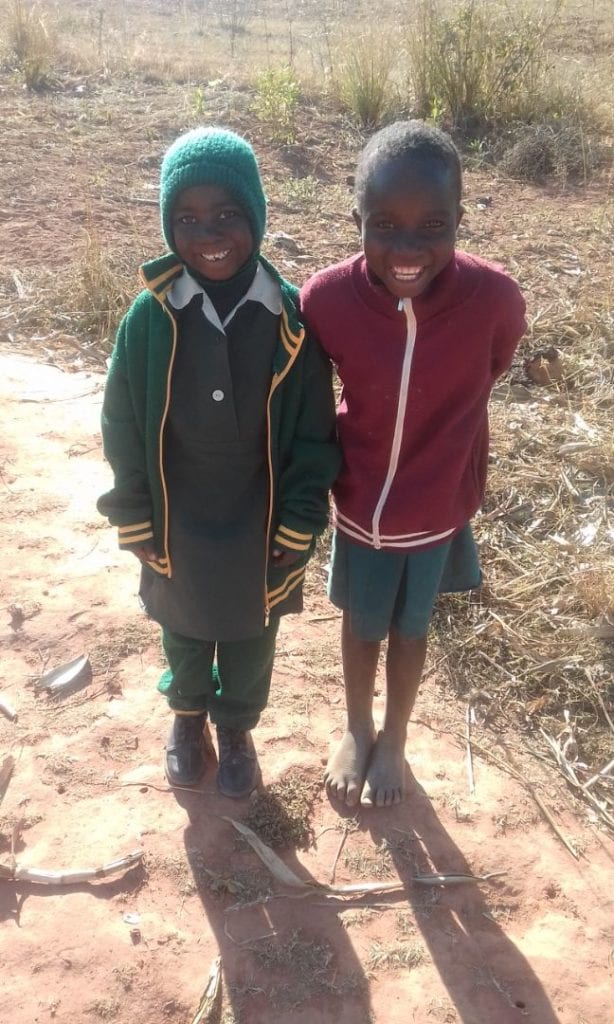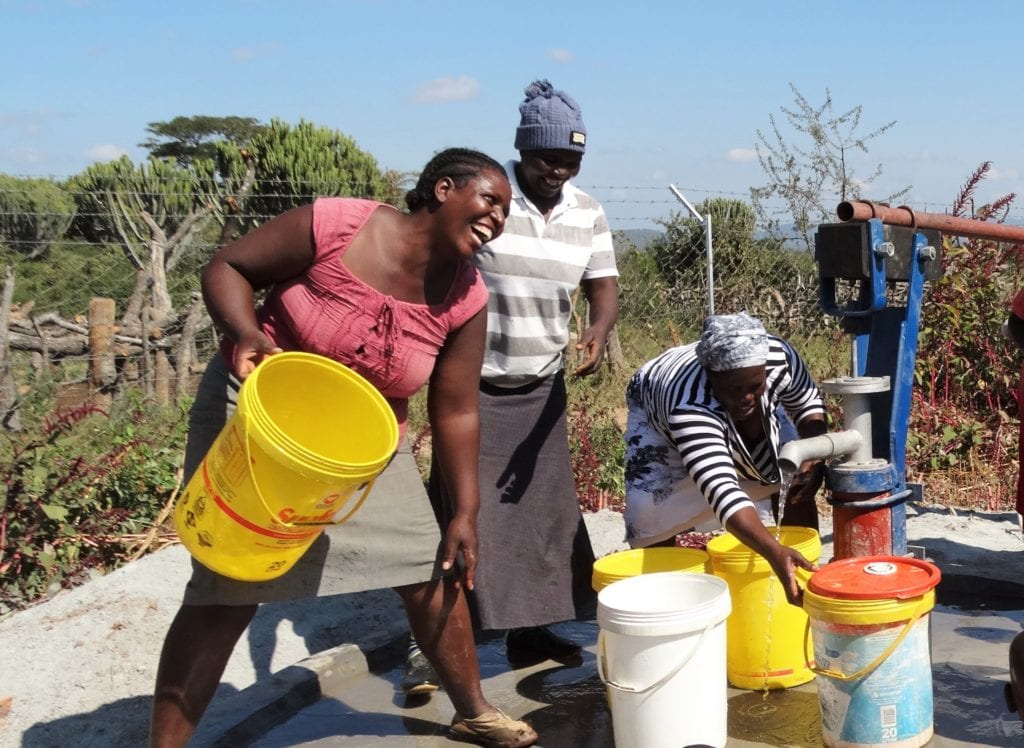Stories
10 Powerful Ways Rainwater Harvesting + Tree Planting are Transforming Lives, Land, and Communities
Rainwater harvesting and tree planting are an important part of Bopoma Villages' comprehensive community empowerment program that is building healthy, resilient, self-reliant families and communities in rural Zimbabwe.
Hope in Action: A New Roof for Danda School
Parents of children attending Danda Primary School were left in despair after a storm blew the roof off their school building. What would their children do now?
A Family for Kudakwashe
When Kumbirai caught sight of her nephew Kudakwashe walking up to her homestead she called out his name with tears streaming down her cheeks. "...it always troubled me if I ever will be able to see my sister's son again."
Simbisai–now one of the happiest people in her village!
When Simbisai and Matariro saw the changes in the lives of their neighbours, they got on board and implemented Bopoma Villages' Healthy Home strategies. Since then, the family has experienced many changes. Bopoma Villages' staff now describe Simbisai as one of the happiest people in her village.
Change can start with a bundle of onions
Chengeto's family is on a new path towards better health and immunity, and self-sufficiency with skills in biointensive farming.
Rainwater Harvesting + Fruit Trees = Abundant Harvest
An important component of Bopoma Villages’ agricultural program is training families and communities in methods of rainwater harvesting.
“I am back on my feet again…”
Like most people in rural Zimbabwe, Bridgette is a subsistence farmer. Her family survives on what she can grow and sell. However, a lack of farming skills and poor sanitation at her home kept her family trapped in the downward spiral of hunger, illness, poverty, and despair.
Bopoma Villages Launches Emergency Response to COVID-19
With no real access to healthcare in rural Zimbabwe, there is a great deal of fear of the spread of COVID-19. Bopoma Villages has launched a household to household education program to teach vulnerable families how they can protect themselves from the pandemic.
A Love for Gardening Unleashed
The Vushe family used to live in extreme poverty and suffer from poor health. With clean water and training in biointensive farming and simple health strategies, that has all changed. There are solutions to extreme poverty that work.
A Household Garden Puts Portia’s Family on a Path out of Poverty
Training in biointensive farming equips subsistence farmers to increase their yields without chemical fertilizers or chemicals. With better nutrition, improved health, and a small income, Portia and her husband have renewed hope for their family's future.
Hope and a Future for Ronika
Bopoma Villages team works with families and communities to overcome the obstacles that prevent girls from attending school regularly, or at all.
How does Bopoma Villages keep clean water flowing?
Women and girls in Africa lose an astounding 40 billion productive hours every year walking for water—water that is most often contaminated and makes their families sick. Bopoma Villages drills wells that provide communities with clean water, and give women and girls more time to grow food, go to school, and earn an income. Learn how we keep clean water flowing to communities in need.

